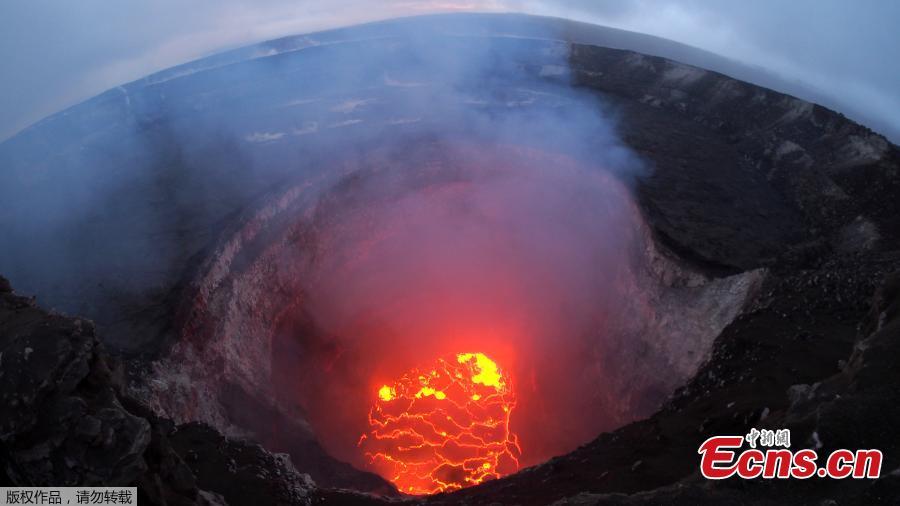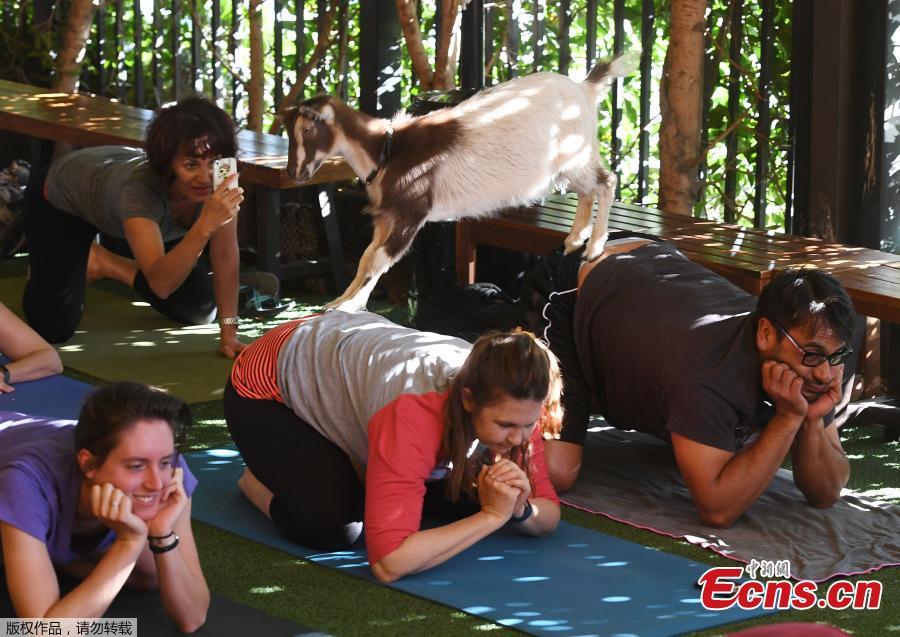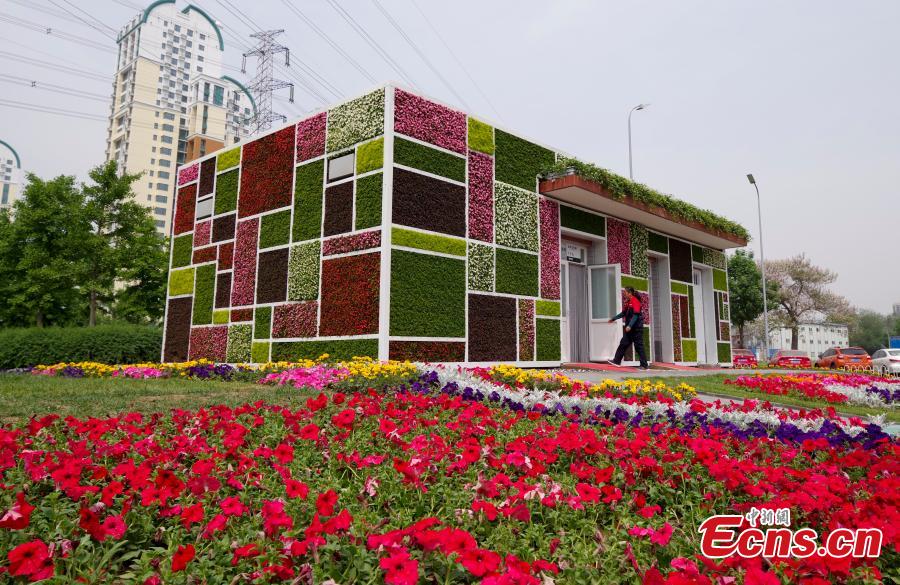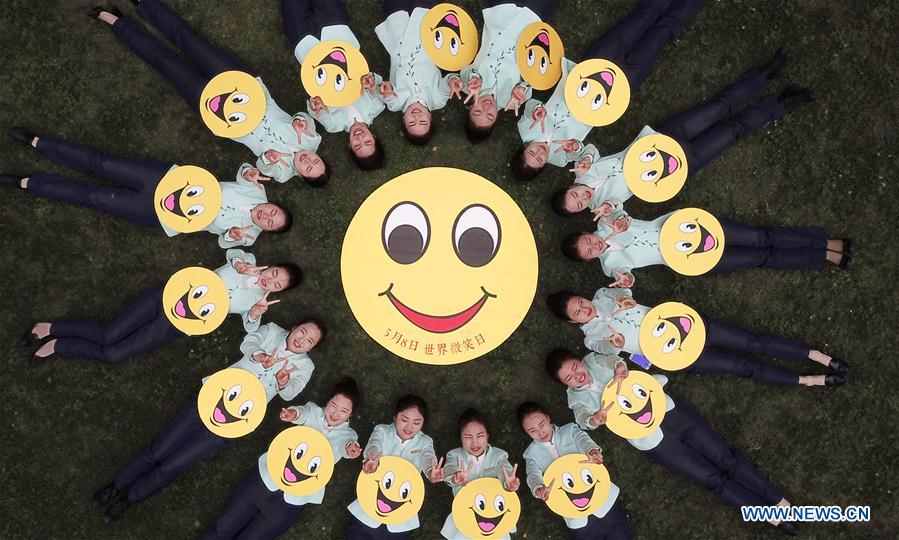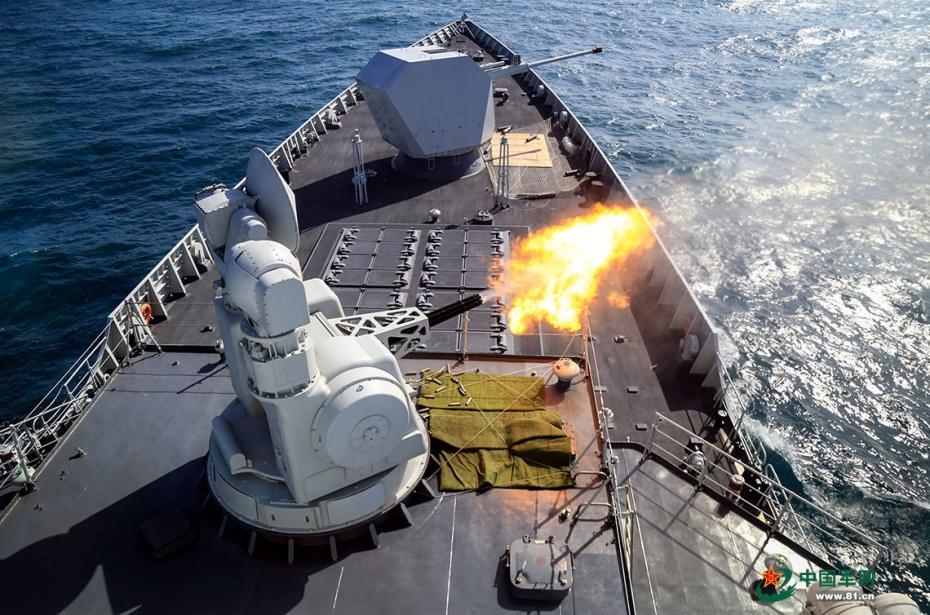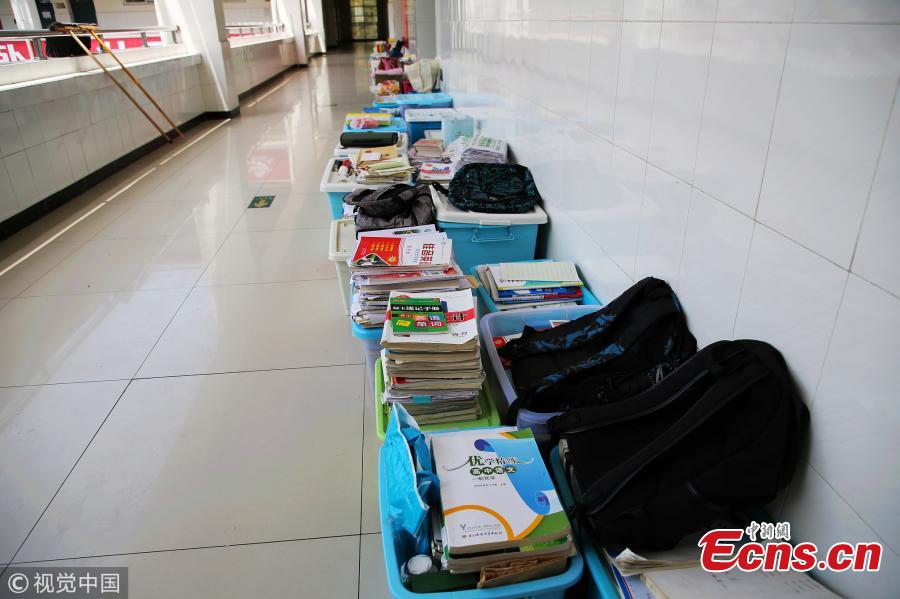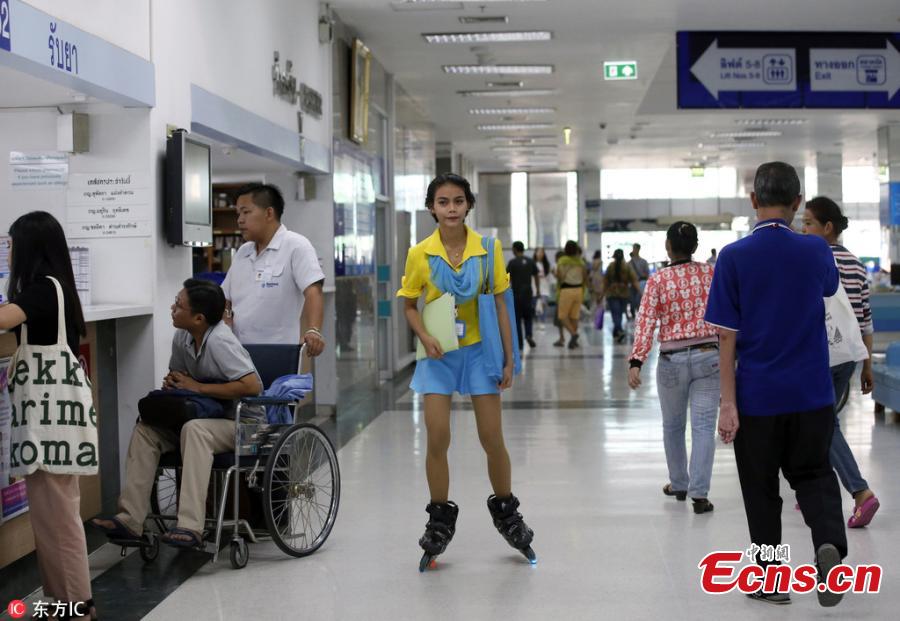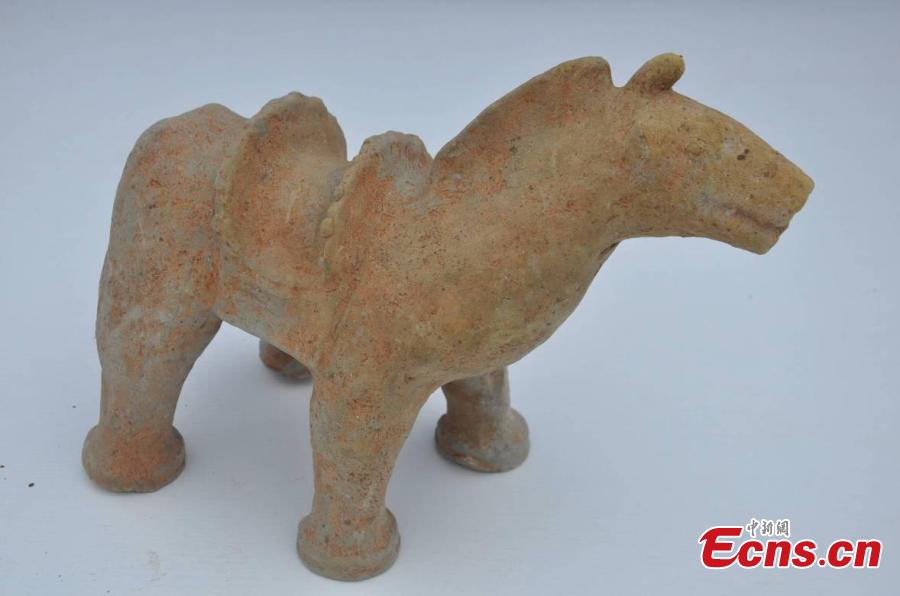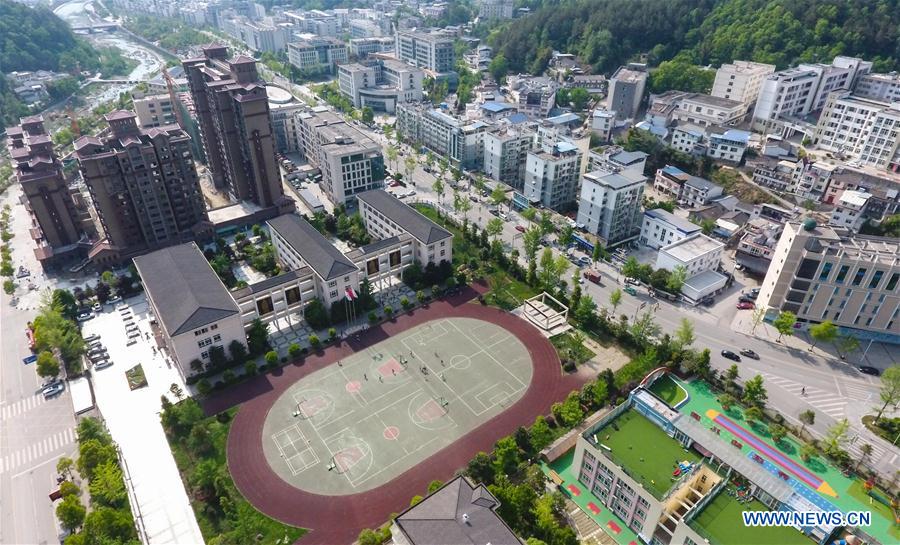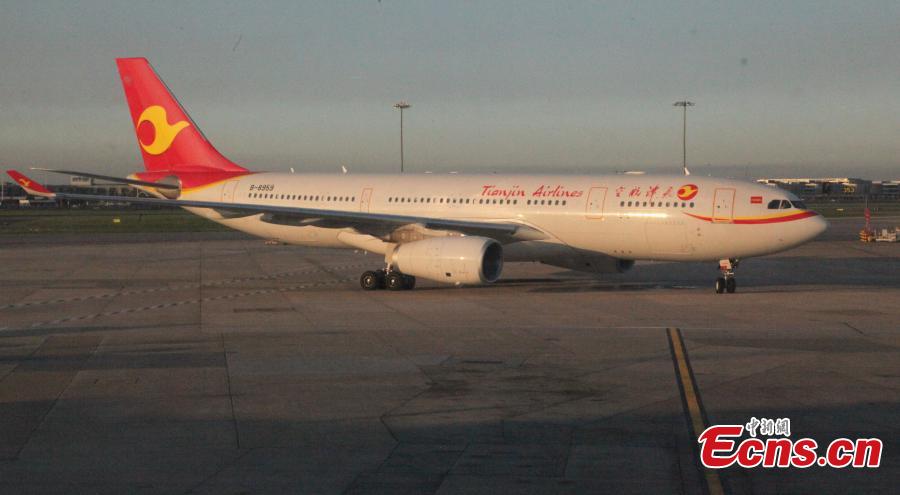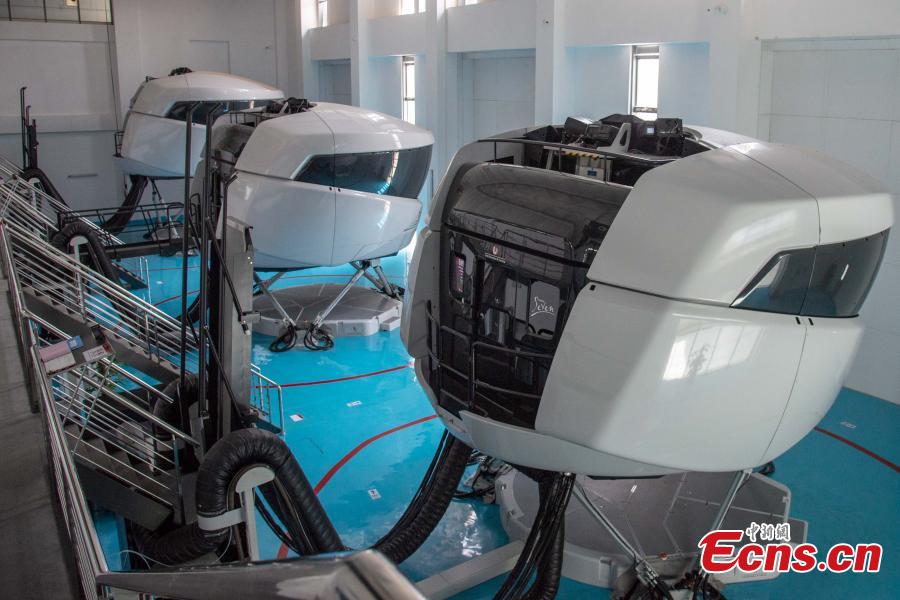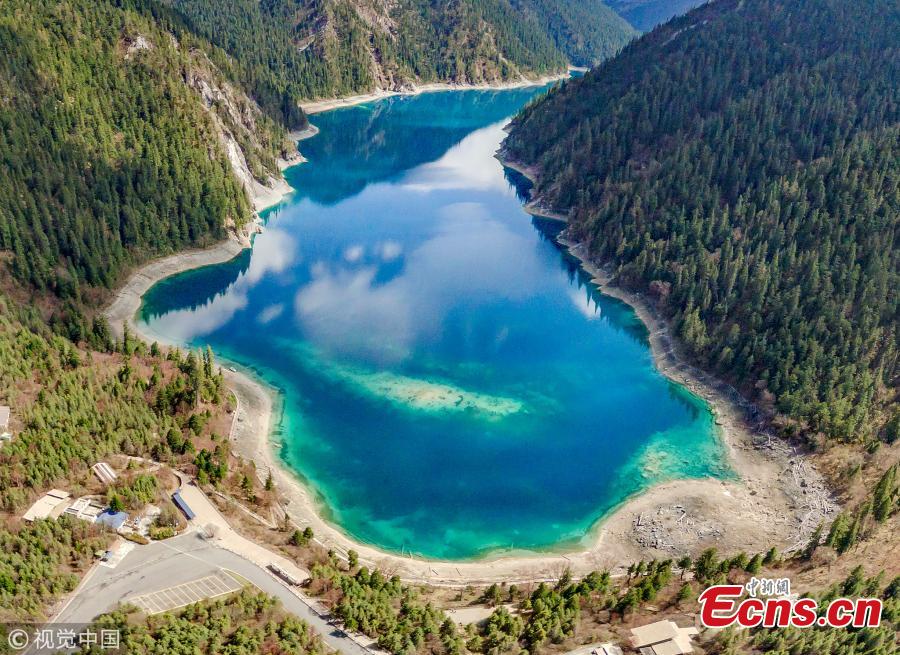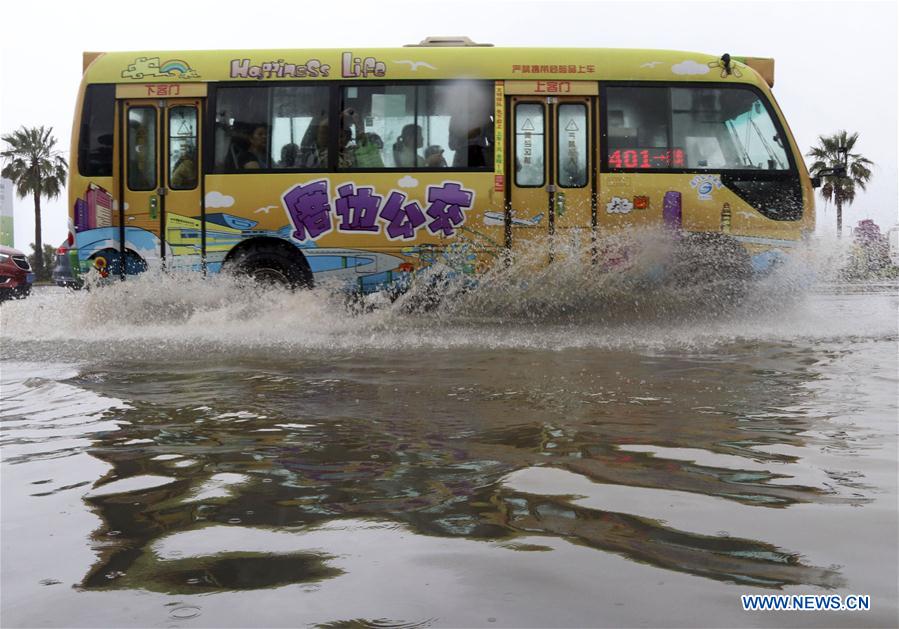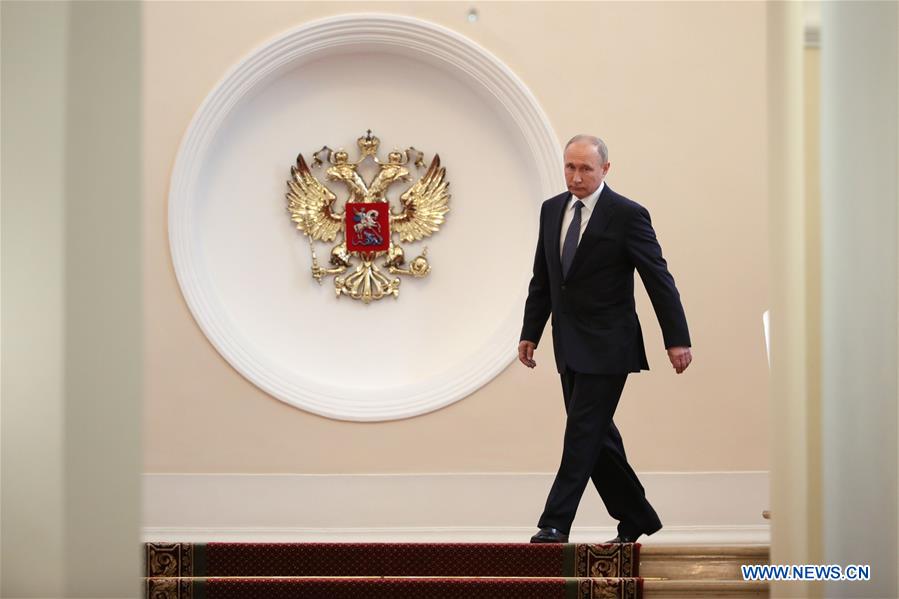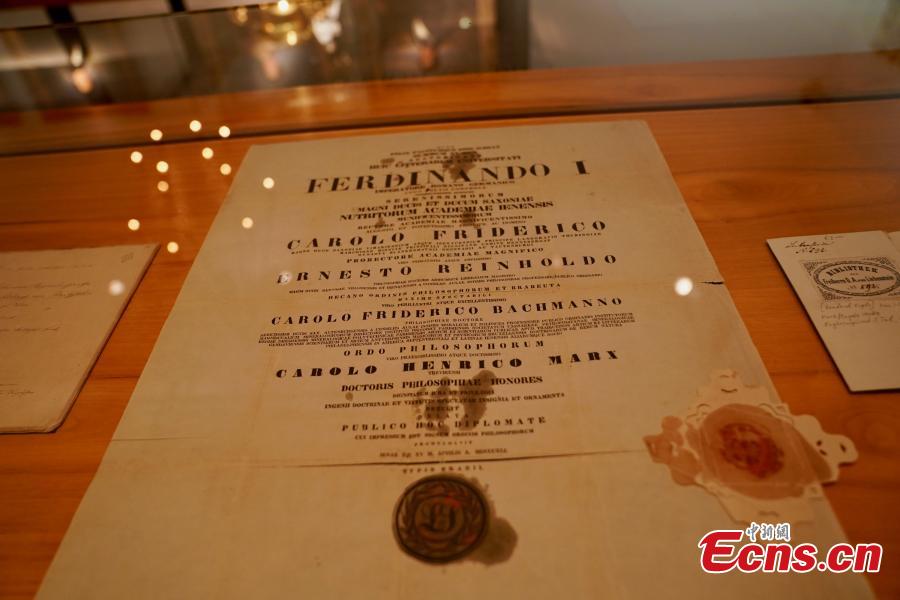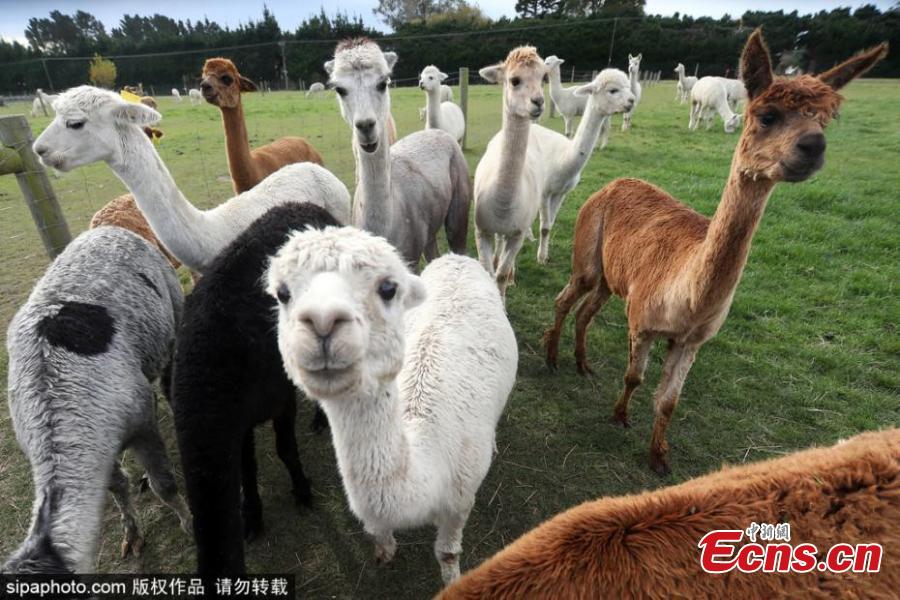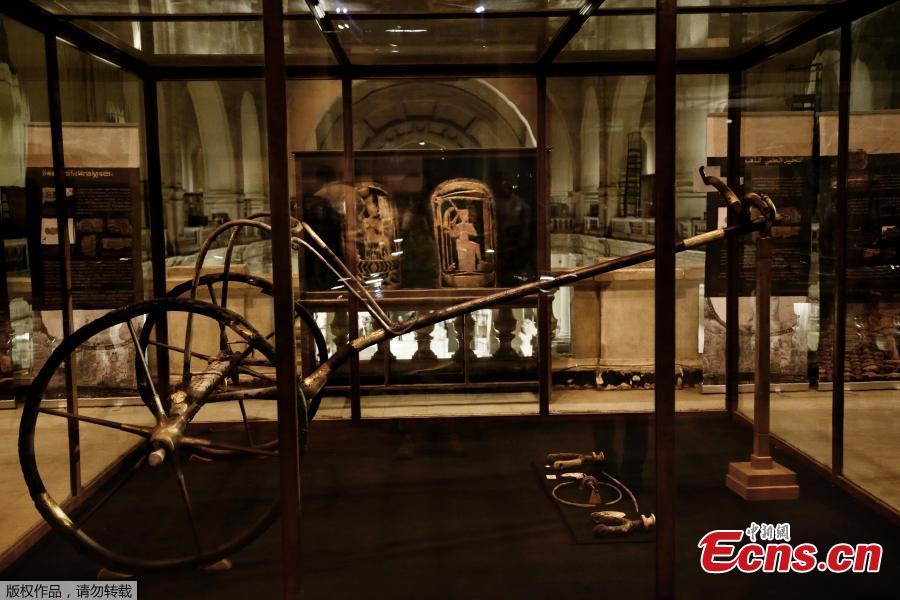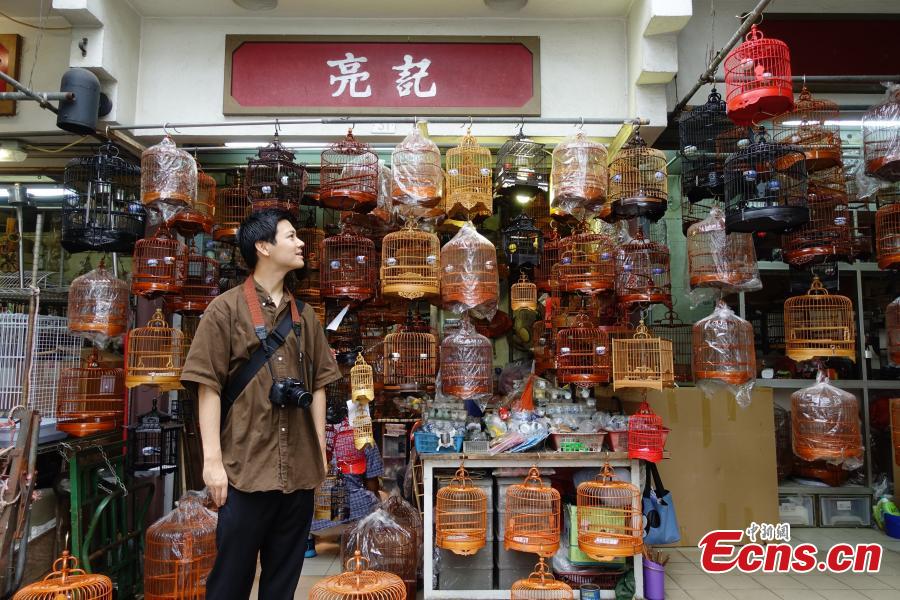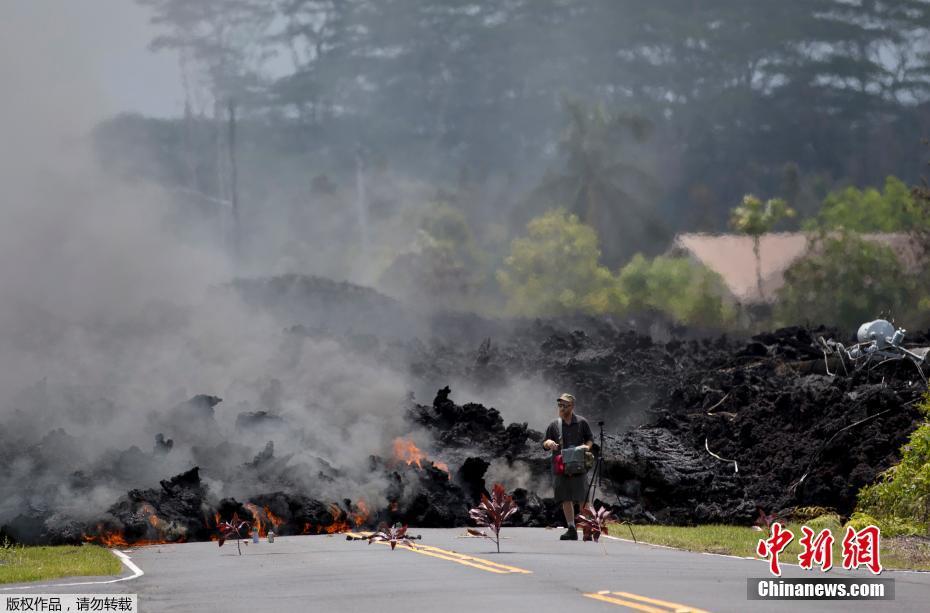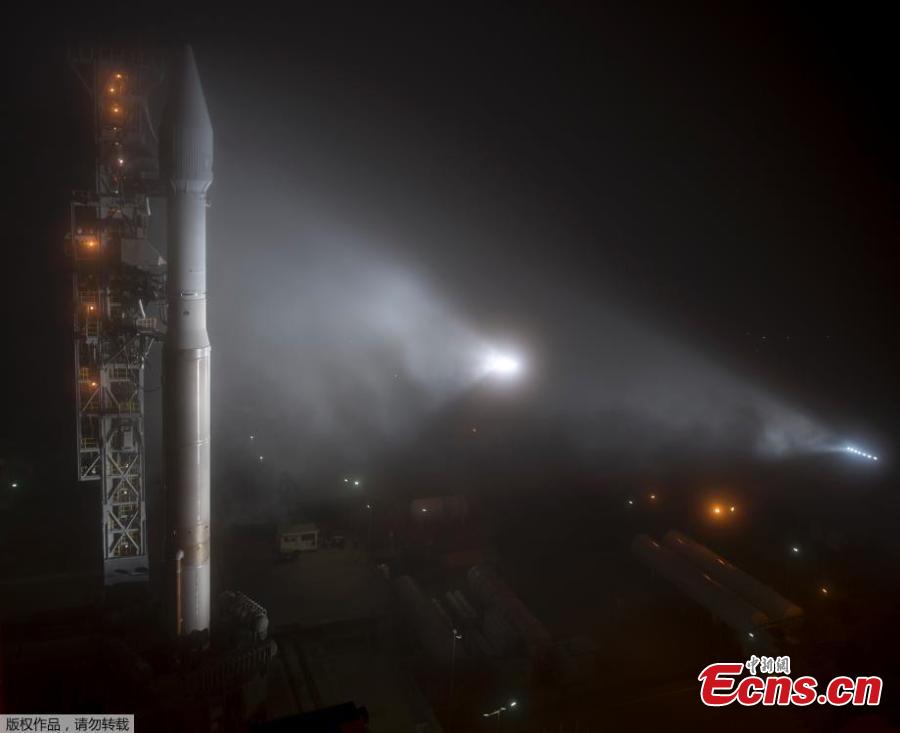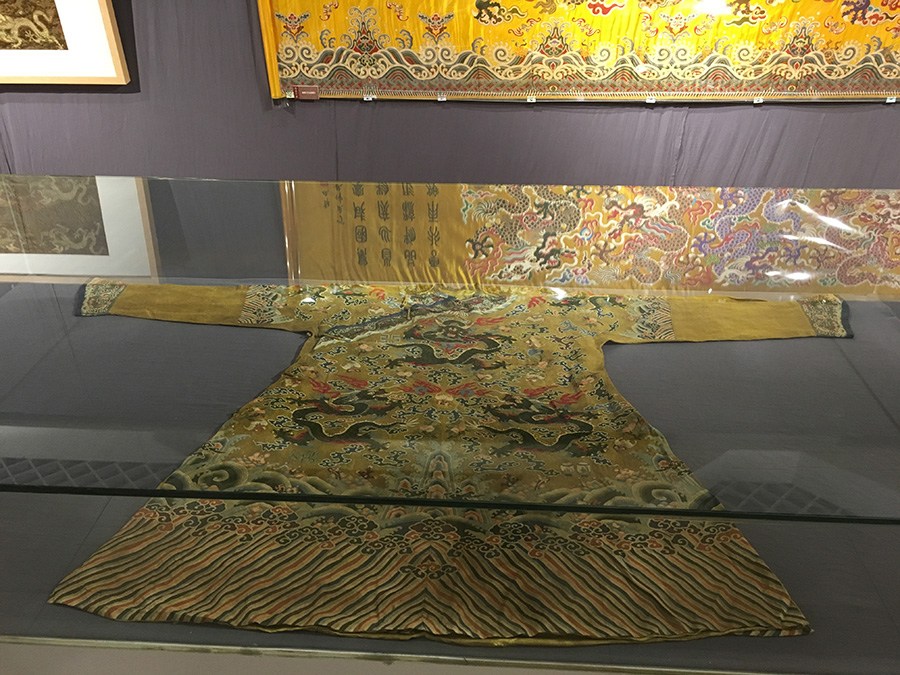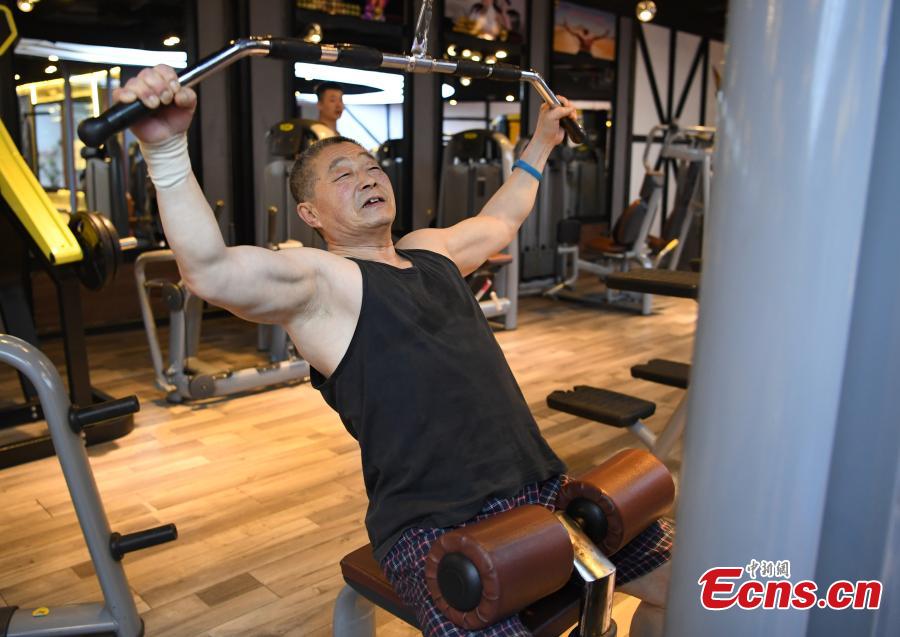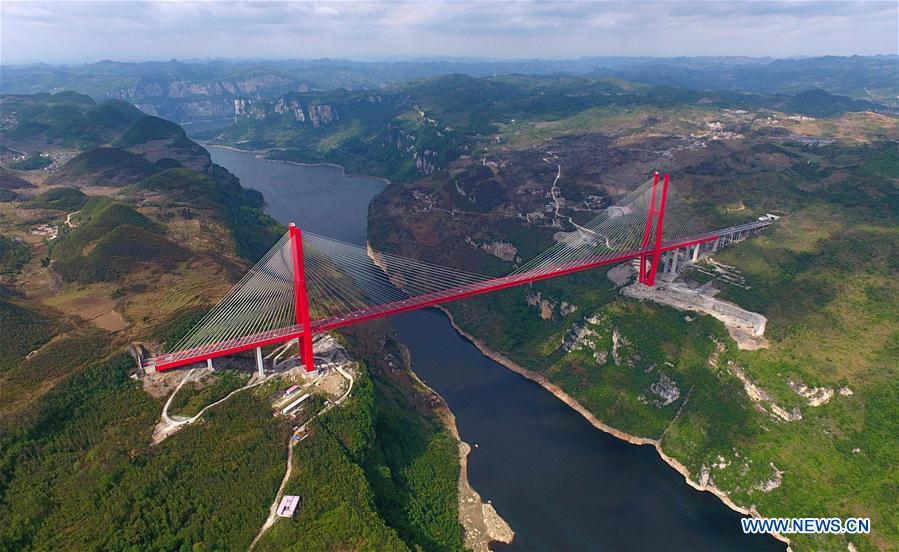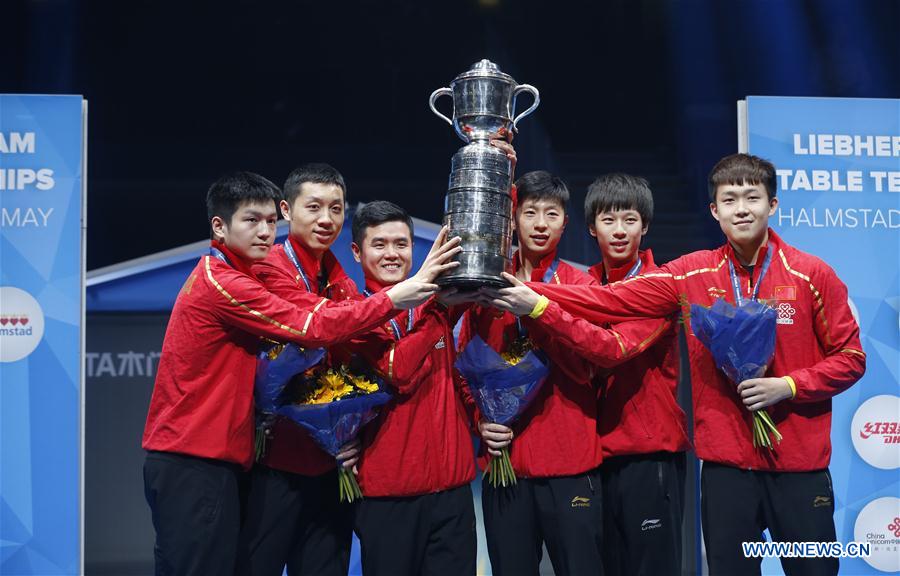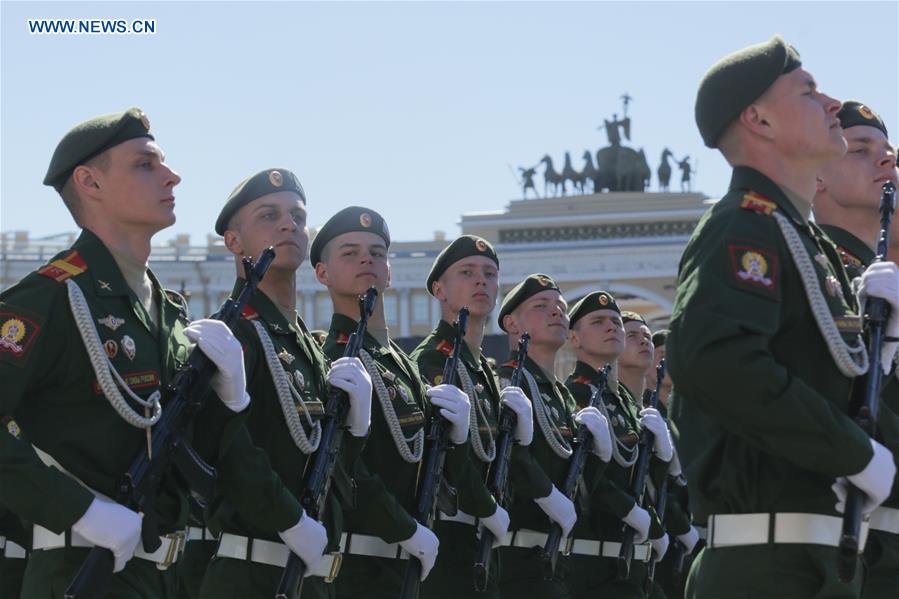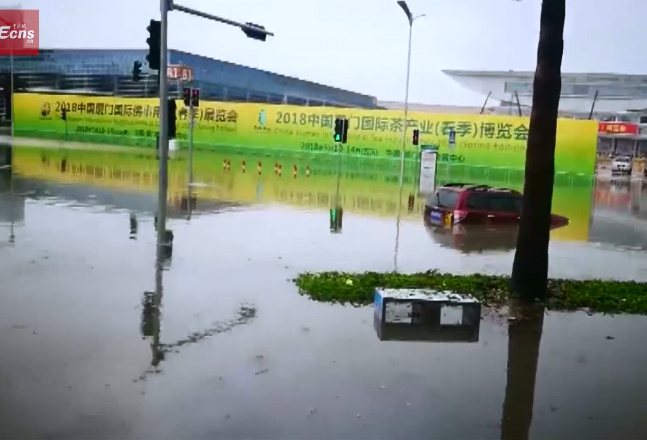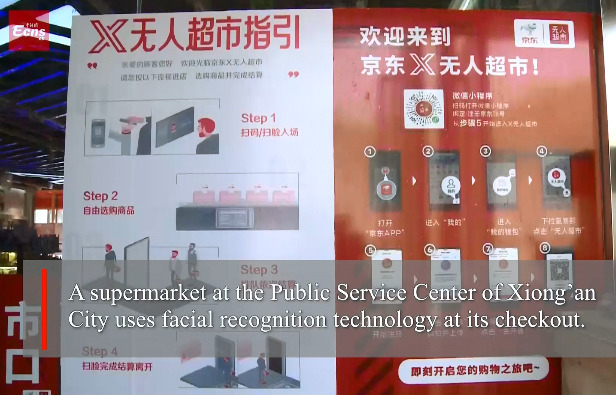The Regional Comprehensive Economic Partnership (RCEP), a trade pact among 16 countries, has seen substantive negotiations regarding trade of goods, services and investment, the Fujian Daily reported on Monday. [Special coverage]
Negotiations on economic and technological cooperation among small and medium-sized enterprises have been completed, according to the report.
Jayant Menon, lead economist at the Economic Research and Regional Cooperation Department of the Asian Development Bank, said that under the Philippines' chairmanship, there was "hope" the RCEP negotiations could be concluded this year, according to manilatimes.net on Sunday.
The RCEP negotiations aim to achieve a modern, comprehensive, high-quality, and mutually beneficial economic partnership among members of the Association of Southeast Asian Nations (ASEAN) and ASEAN's closest trading partners. The RCEP negotiations commenced in early 2013.
Since early this year, Philippine President Rodrigo Duterte and many government officials have expressed their strong willingness to push forward the RCEP negotiations. They have been calling on leaders in ASEAN countries to participate in global economic activities through wider regional economic integration, the newspaper report noted.
The ASEAN delegates who are working on the negotiations also said they would take RCEP as a priority and aimed to achieve "key deliverables" within this year, the report said.
Philippine Trade Secretary Ramon Lopez has acknowledged China's efforts in pushing forward the RCEP negotiations. Chinese delegates have held a pragmatic attitude and played positive roles in the negotiations, Lopez was quoted as saying in the news report.
Early this month, Chinese Vice Minister of Commerce Wang Shouwen said that China calls on all RCEP members to take their current development level into account while applying flexibility to reach an agreement successfully.









